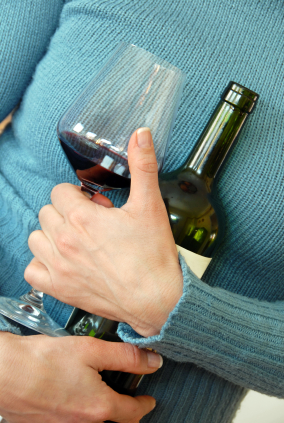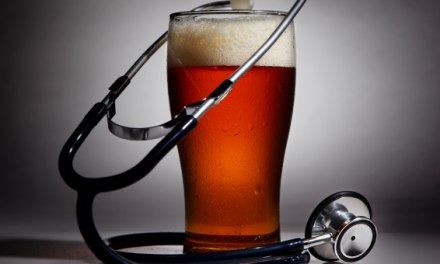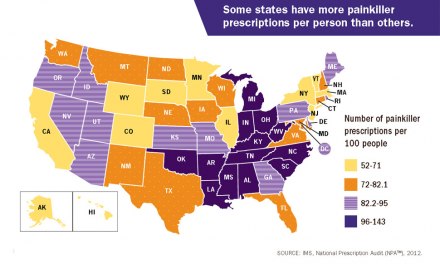This appeared in a recent issue of Medscape —
Total Abstinence Not the Only Treatment Goal in SUD
According to the expert quoted, a proposed shift away from abstinence as a treatment goal “…may open opportunities for medication development that can help individuals achieve these improved outcomes, even if complete abstinence is not immediately achievable or wanted.”
I grant you, that’s a huge audience: persons with alcohol or drug problems who would prefer not to have to give up drinking and drug use, if at all possible.
Almost everybody who develops an addiction of any severity falls into that category at one point or another. I’ve watched perfectly intelligent individuals devote months or years or, in a couple of cases, most of a lifetime to attempts at a solution other than the obvious one – abstinence from the substances that plague them.
Folks in the Twelve Step fellowships know that if there had been an alternative to sobriety, an ‘easier, softer way’ in the form of a pill, a shot, whatever — they’d likely have jumped at it. (We posted about that here.)
Unfortunately for them, there wasn’t. Given the size of the potential market, I’m sure science will keep trying to find one.
But why is there so much resistance to the idea of sobriety in the first place? Well, for one thing, we are talking about people who are addicted to the stuff. Giving up drinking or drugs may not seem like that big a deal to the rest of us, but for someone in the grip of active addiction, it can feel like a near-impossibility.
And of course, there’s stigma involved. For some, admitting to addiction is evidence of personal weakness, a failure of willpower. Others view it as a source of great shame — proof of a fatally flawed character. Neither is true, but that doesn’t make it less powerful to someone with a problem.
Then there’s the hope that despite past evidence to the contrary, a return to controlled, non-problem use is achievable, possibly with some dramatic change in circumstances, such as moving to a different city, or changing jobs. “I did coke every day for ten whole years,” insisted a Hollywood filmmaker. “It was not a problem in my work. Then my company was sold and all of sudden it was stress, stress, stress. My drug use went through the roof. So as soon as I’m out of rehab, I’m turning in my resignation.”
Would it surprise anyone to learn that she was back in detox a few months later?
That desperate, often futile search to regain control is characteristic of many people’s experience of addiction. All too often, it simply extends the duration of the suffering.













